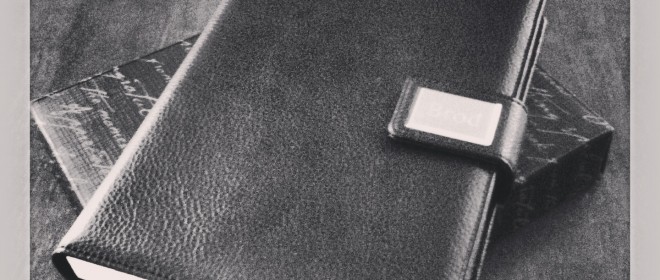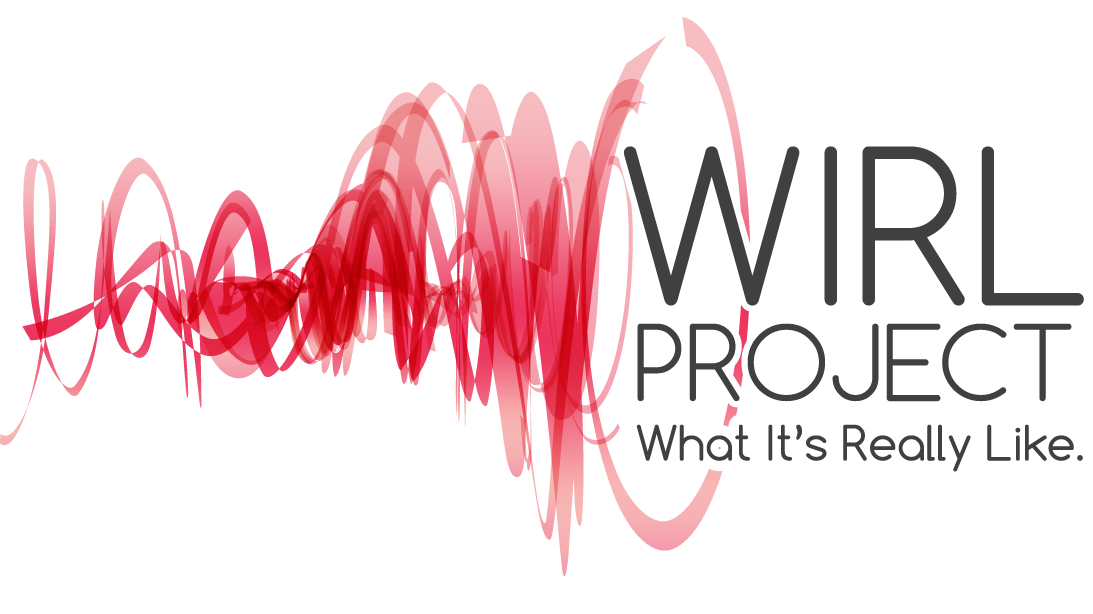
This post is part of a series titled, “A-B-Cs – What It’s Really Like”. Each week a new letter and its word will be revealed. Each word’s explanation will illustrate significant personal meaning, application and ultimately demonstrate, What It’s Really Like…
“God gave us our memories so we might have roses in December”
You would be surprised how much you can pick up while dining on a ham and cheese sandwich, three bread and butter pickles and a can of 7up. You might even be shocked what you may learn on a Friday at noon while sitting around consuming a weekly traditional Friday McDonald’s Fish Filet. You would certainly be astonished to discover what can be absorbed while sitting around the dining room table after a Sunday family dinner over coffee and a piece of pie.
Most of the memories in my life are not shrines to individual occurrences but a museum of eclectic experiences that draw on meaningful connections meriting reservation deep in the vault of my mind. These collections are deeply enriched with attributes of all the senses: sight, sound, smell, taste, touch – the more of the senses that are involved with a meaningful experience, the clearer the memory. For me, emotion is the X-factor in my personal memory because in recalling a vivid memory I can likely tell you how I felt in that exact moment.
Food plays an important role in memory for me personally. Most of the meaningful education that I would ever receive was not obtained in a classroom, on an athletic field, or on the job, but around the dinner table. This is where I learned to communicate, manners and respect and about my family’s heritage. It was here that I also learned the art of storytelling and to appreciate the craft of an authentic, genuine narrative. Maybe that is why I became a history teacher. Some of my most fond memories were of the chronicles, sidetracks and matter-of-facts that my grandparents would tell during and after a Sunday family dinner. Most often we would take turns exchanging material on a topic only soon to be lost in a distant memory of “who is he/she related to” and “how do we know this person so-and-so and to whom is he/she related”. This traditionally would go on for hours leaving me glued to the finish of our dining room chairs and convinced that my grandparents knew every single person on the face of the earth. Many of those stories are now lost upon me either because I could not follow the viney scaffolds and extensions of our family tree or because it has been replaced in my mind with something far less meaningful, for which I am ashamed to admit.
One of my most prized possessions is my memory. One of my biggest fears is losing this possession. I often get after my wife because I believe that we do not take enough pictures of our family and experiences. A memory I will never forget is from the 6th grade. Our teacher chose to do a class service project for senior citizens in a local assisted living home. I was so excited when I learned that it was the same home that my great-grandmother was in. Each member of the class was to be assigned to one member of the home and to create a greeting card to deliver on a visit during the late fall. I made sure that my great-grandmother would be receiving my card during our class visit.
My great-grandmother had been placed in assisted living because she was suffering from severe Alzheimer’s disease. Periodically, I would ride along with my grandfather to visit her. At a very young age I saw her on very good days and very bad days. I remember how scared and horrible I felt when she did not recognize my grandpa. During my excited preparation for the delivery of my greeting card to my great-grandmother, my mother cautioned me that she may not recognize me on the day of our class visit. I shrugged it off and had a strong feeling that she would be having a good day when I would stop by.
On the day of our class visit the senior home I could hardly contain my excitement. I was the only one in my class who had a relative staying here and I of course let everyone know that I was going to see my great-grandmother that day. To help out, my grandpa let me tag along on a visit a few weeks before to potentially help increase the odds that she would recognize me. He never told me that, but I knew what that visit was all about. When I arrived I spoke softly and clearly. I introduced myself and handed her my card. After she read the card she thanked me. I wanted to make sure she recognized me. I reintroduced myself by stating my name and that I was her great-grandson. She replied, “Oh yes, you are Rhoda’s son.” I was elated! I couldn’t believe that she remembered! Looking back to that visit I believe I had five good minutes with her. It was just long enough to feel confident to safely give her a hug and a kiss and introduce her to my best friends. Quickly, I would transform from family member to complete stranger. By the end of the visit she had no idea who I was. As I walked back to the school bus I did everything that I could to hold back my tears. I grew up a lot that day.
Even as painful as that experience was I learned a lot from what memory can and cannot be. Over my lifetime I have developed an innate ability to remember. I had a best friend in high school that told everyone that he didn’t need to remember anything because I would remember it for him. In high school I was a walking Rolodex, telephone book, sports encyclopedia and jukebox. I could tell you when, where, stats, lyrics and just about anyone’s telephone number (pre-cell phones, folks). I suffered several head injuries before I was the age of eighteen. With all of today’s neurological studies on the brain, most notably in contact sports, I would have likely been disallowed from playing high school football if these findings had existed then. One of the worst concussions I ever experienced was in 4th grade where a sled riding accident left me not knowing who I was for nearly 48 hours. Several other minor sports related concussions would follow.
Around the time I was a sophomore in college I started to notice that I was losing my short term memory at a very rapid rate. I was not sharp and I grew increasingly frustrated that I had become extremely forgetful virtually overnight. I feared that the consequences of too many concussions had caught up with me. I was scared to see a doctor, flashing back to thoughts of my great-grandmother and what a life without memory was like. I decided that rather than seek medical attention that I would try to retrain myself to remember day-to-day activities. I bought myself a bunch of post-its and began to write down various to-do lists for tasks that I had coming up that day, week, the following week and the month. Each day I reviewed the post-its (some days several times) and soon I retrained myself to remember short-term. Still do this day I have to write things down. I am convinced it is not because I need it, but simply good sound organizational practice to be thorough and reliable.
My biggest fear is that at some point in my life I will have absorbed so much meaningless information that it will begin prioritizing space in my brain; much like a computer hard drive or the dwindling memory of a base model iPhone. What to store and what to delete? Do I/Will I have control over that? In education, we teach students that the brain is a muscle that must be exercised or it will atrophy. If you do not use your brain power you will lose it. How can you possibly exercise the brain enough to possibly maintain all that it possesses?
My brother gifted all of the groomsmen in his wedding with a leather bound journal with each member’s name engraved on the clasp. He requested that we use the journal to record out greatest life experiences. Although I do not write in the journal daily, I have committed myself to recording my greatest experiences in order to answer the question I posed at the end of the previous paragraph. Hopefully this will allow me to take back my cognitive capacity, rid myself of the cobwebs and render myself less of a victim when it comes to degenerating memories. It is my hope that I can always remember the lessons I learned over lunch with my grandparents so that I can share them with my own grandchildren. Even the lesson on how to shoot the paper off of the straw while sitting at the table (thanks, GMa!). After all, the mind is a terrible thing to waste.
“Nothing is a waste that makes a memory”

 Add to favorites
Add to favorites



